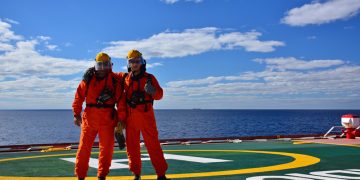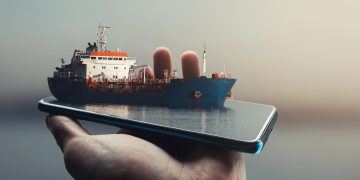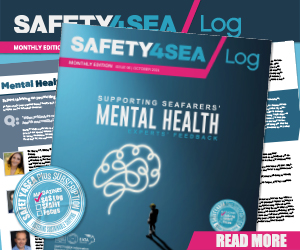Hong Kong sets more green measures
Hong Kong has recorded a continuous improvement in its overall air quality. The Government will introduce more measures and keep on monitoring the situation. Chief Executive CY Leung announced the green measures in his new Policy Address, including the new legislation that requires ocean-going vessels at berth in Hong Kong to switch to low-sulphur diesel. Low emission zones will be set up in Causeway Bay, Central and Mong Kok at the end of this year where franchised bus companies can deploy only low-emission buses. Franchised bus companies will try out single-deck electric buses in mid-2015. The Government is working with Guangdong authorities to explore the feasibility of requiring ocean-going vessels berthing at ports in the Pearl River Delta to switch to cleaner fuel, in addition to a plan to allocate $150 million to extend the Cleaner Production Partnership Programme to encourage Hong Kong-owned factories in Guangdong to adopt cleaner production technologies. On promoting the sustainable development of the recycling industry, the Government will introduce a Recycling Fund, while the steering committee to promote the recycling industry's sustainable development will continue to explore and formulate complementary measures. It will also introduce legislative proposals to implement a producer responsibility scheme on waste ...
Read more























































